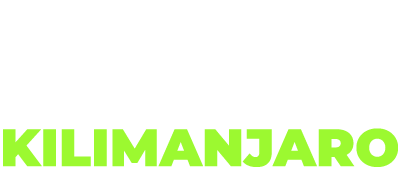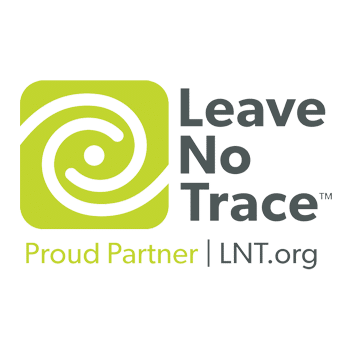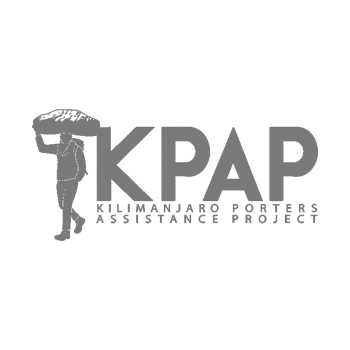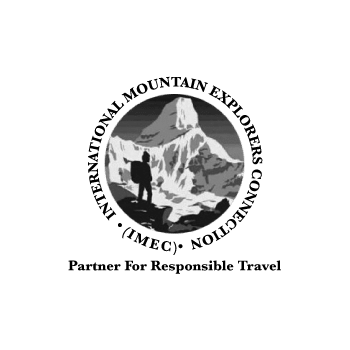Kilimanjaro Summit Safety
Kilimanjaro Summit Safety

We don’t take any chances climbing the Kilimanjaro summit when it comes to the safety of our climbers and crew.
The overall safety of our climb is our first priority at Barking Zebra. Our guides are certified Wilderness First Responders with expert knowledge in recognizing signs of high-altitude illness and injuries, and have extensive training with high-altitude medical evacuations.
SAFETY EQUIPMENT
Barking Zebra ensures the safety of every climber and crew by carrying the following list of emergency equipment all the way to the Kilimanjaro summit on every climb.

DAILY HEALTH CHECKS
Our guides are professionally trained and very experienced in identifying symptoms created by altitude.
As you climb closer towards the Kilimanjaro summit, our guides will monitor you and make sure you are doing well. They will also perform daily health checks with each individual in the group.
It is very important always to share how you are feeling with your head guide.

Helicopter Evacuation
Barking Zebra Tours has partnered with Kili Med Air, a helicopter rescue operation which conducts evacuations and rescue services for emergencies that take place en route to the Kilimanjaro summit.
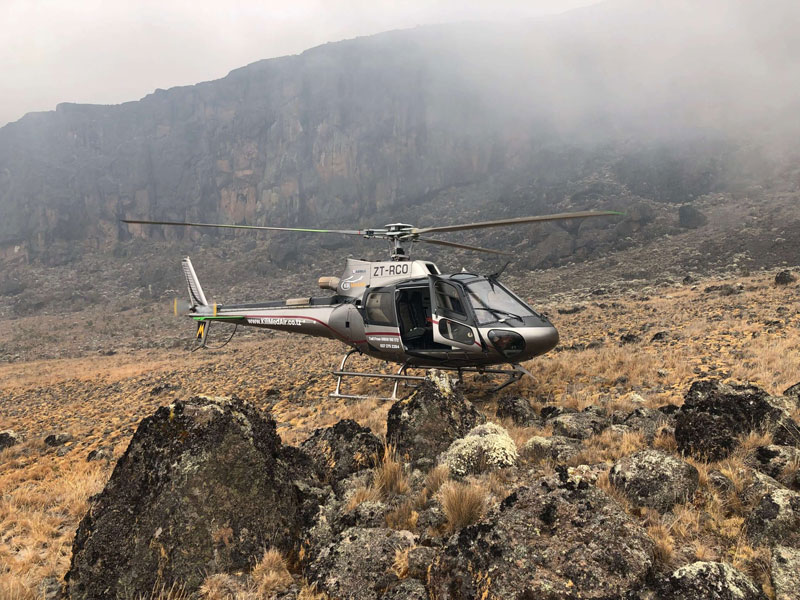
EVACUATION PLAN
If it is determined that a member of your climbing group has to descend early, before reaching the Kilimanjaro summit, the Barking Zebra guides and crew will assist the climber down the mountain quickly and safely.
Step 1 - Evaluate The Descent
Guides will evaluate if a walking descent is appropriate and will determine the safest and quickest route.
If necessary and possible, a helicopter rescue will be arranged.
Step 2 - Communicate With The Arusha Support Team
Our Arusha base will be alerted to the situation and will coordinate transportation, reserve accommodations and arrange medical services if necessary.
Step 3 - Stabilize And Prepare
Guides will stabilize the climber using the emergency equipment, organize the needed rescue crew and prepare for evacuation.
Step 4 - Descend
A guide along with a rescue crew will descend the mountain with the climber quickly and safely, where they will be met by the Arusha support team.

HIGH ALTITUDE MEDICAL ADVISOR
Michael Habicht, MD is a board-certified emergency physician with expertise and experience in search and rescue, wilderness medicine and high altitude medicine.
He completed the Diploma in Mountain Medicine Course and is currently working on fellowship status with the Wilderness Medical Society. As a former climbing and packing guide, he understands the needs and concerns unique to adventure travel. Michael is proud to assist Barking Zebra and its clients with risk management and the latest medical protocols and procedures for their exclusive African adventures.

